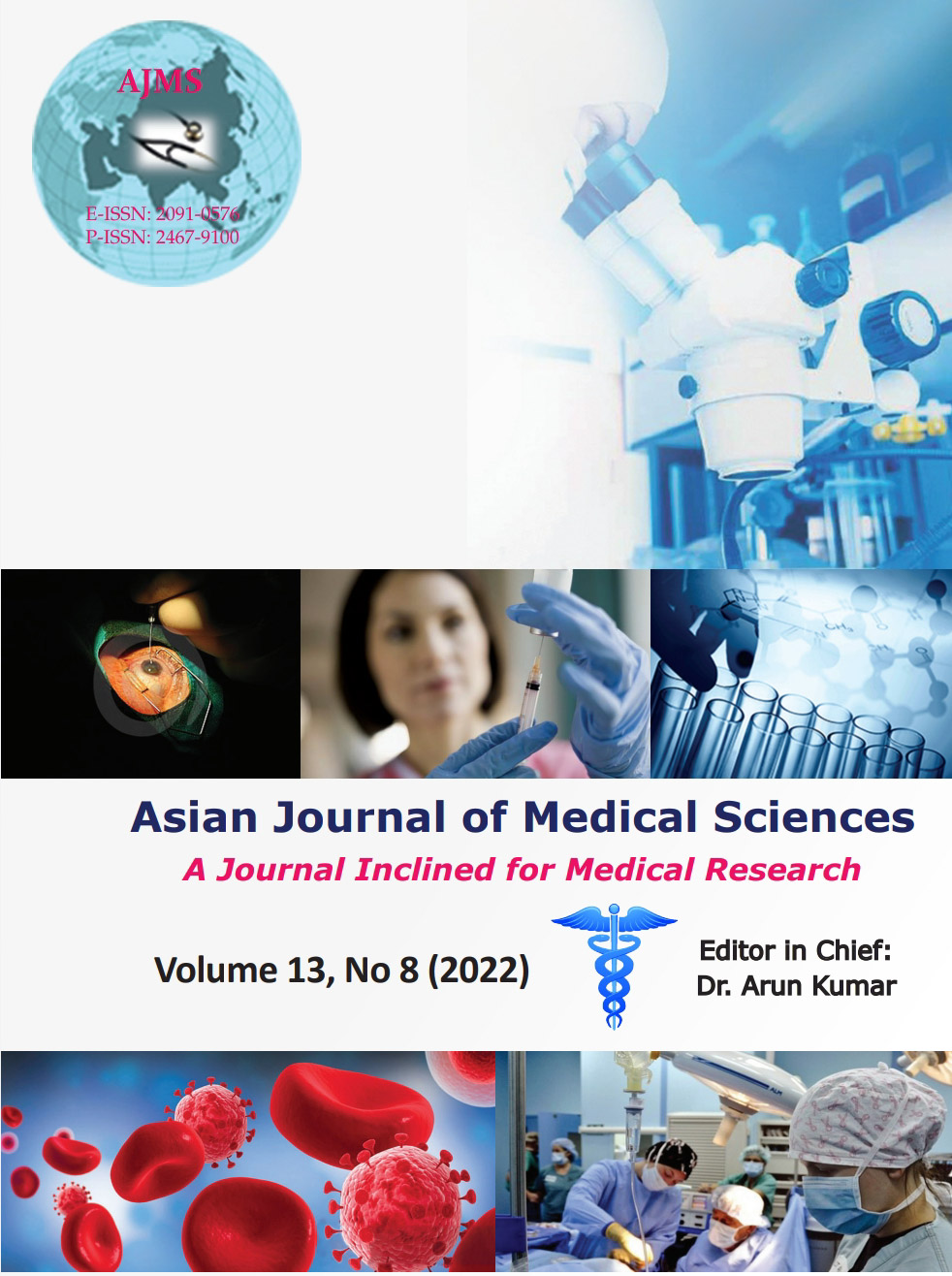Post-COVID symptoms and health-related quality of life in extended postpartum period
Keywords:
COVID-19; Mental health; Pregnancy; Quality of health care; Quality of lifeAbstract
Background: COVID-19 pandemic has remarkable effect not just on physical health, but also on psychological state and overall quality of life (QoL). It affected all the section of community including vulnerable section of pregnant females and children.
Aims and Objective: The aim of the study was to assess health-related QoL in recovered COVID-19 positive pregnant females in their extended postpartum period along with insight into prevailing post-COVID symptoms in this population. This was a cross-sectional and questionnaire-based study conducted in Kota, Rajasthan, India.
Materials and Methods: This study was conducted on 173 admitted females between March 1, 2021 and June 30, 2021 who were pregnant and contacted COVID-19 infection at any point of their antenatal/intrapartum period. The questionnaire included details related to demographics, symptomatology, hospitalization, oxygen requirement, and ventilator use during the acute disease as well as any symptoms after recovery from acute COVID-19 disease. Patients were contacted during their extended postpartum period and systematically asked about a list of post-COVID-19 symptoms (dyspnea, myalgia, fatigue, anosmia, ageusia, chest pain, cough, mood disturbances, etc.), but they were also free to report any other symptoms that they considered relevant. The health-related QoL was evaluated using the EuroQoL five-dimension five-level questionnaire telephone interview version. In-person interview and telephonic interview methods were arranged for collection of data. Descriptive statistical analysis was done.
Results: Among the 173 consented participants, the mean age was 26.3 (±6.6) years, most of them were primiparous (45.66%), admitted with gestational age between 37 and 40 weeks (68.21%), asymptomatic (85.54%) or mildly symptomatic. For symptomatic cases, the most common clinical presentations included fever, cough, and dyspnea. Only 1.16% of symptomatic subjects required ventilator support. For 58.96% patients, hospital stay was less than a week. Mean duration of stay was 5.86 days. However, 87.28% patients required antiviral medications. About 23.70% have various comorbidities among which anemia 7.51% and preeclampsia 6.35% predominated. About 85.55% did not experienced any persistent symptoms after discharge but some of the subjects shown persistent symptoms such as cough, fever, and breathlessness among which persistent cough predominates (7.51%). In relation to post-COVID effects, 82.56% were found asymptomatic while rest 17.44% showed effects such as body ache, insomnia, cough, and loss of taste and smell and depression.
Conclusion: COVID-19 pandemic left its sequels both in the form of physical as well as psychological symptoms in extended postpartum period although health-related QoL does not significantly affected by COVID-19 disease during this period.
Downloads
Downloads
Published
How to Cite
Issue
Section
License
Copyright (c) 2022 Asian Journal of Medical Sciences

This work is licensed under a Creative Commons Attribution-NonCommercial 4.0 International License.
Authors who publish with this journal agree to the following terms:
- The journal holds copyright and publishes the work under a Creative Commons CC-BY-NC license that permits use, distribution and reprduction in any medium, provided the original work is properly cited and is not used for commercial purposes. The journal should be recognised as the original publisher of this work.
- Authors are able to enter into separate, additional contractual arrangements for the non-exclusive distribution of the journal's published version of the work (e.g., post it to an institutional repository or publish it in a book), with an acknowledgement of its initial publication in this journal.
- Authors are permitted and encouraged to post their work online (e.g., in institutional repositories or on their website) prior to and during the submission process, as it can lead to productive exchanges, as well as earlier and greater citation of published work (See The Effect of Open Access).




